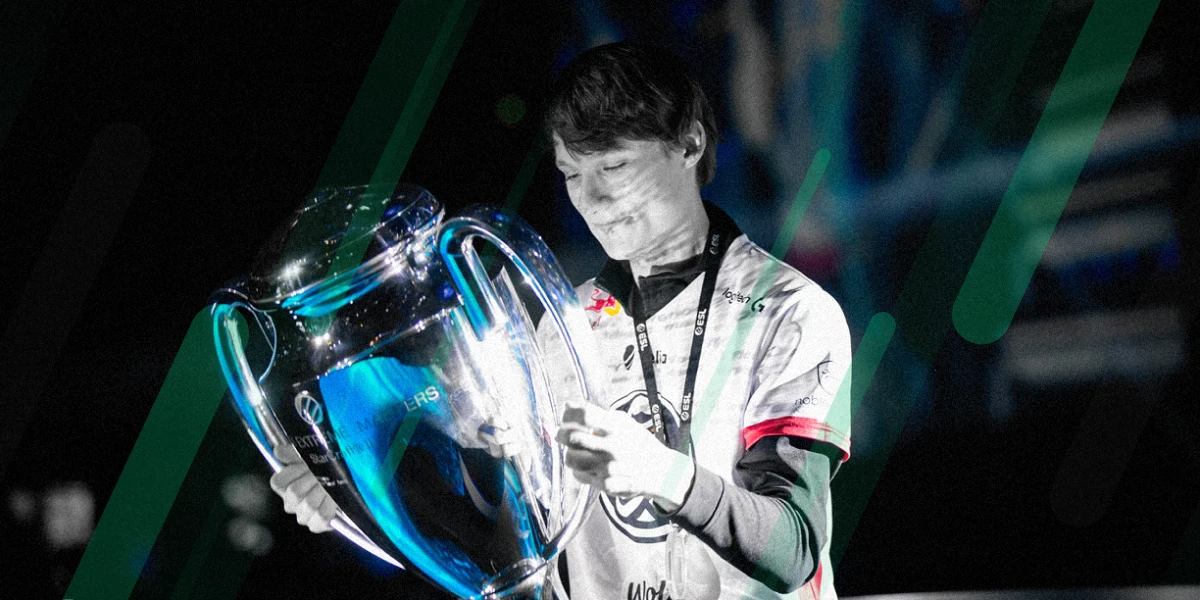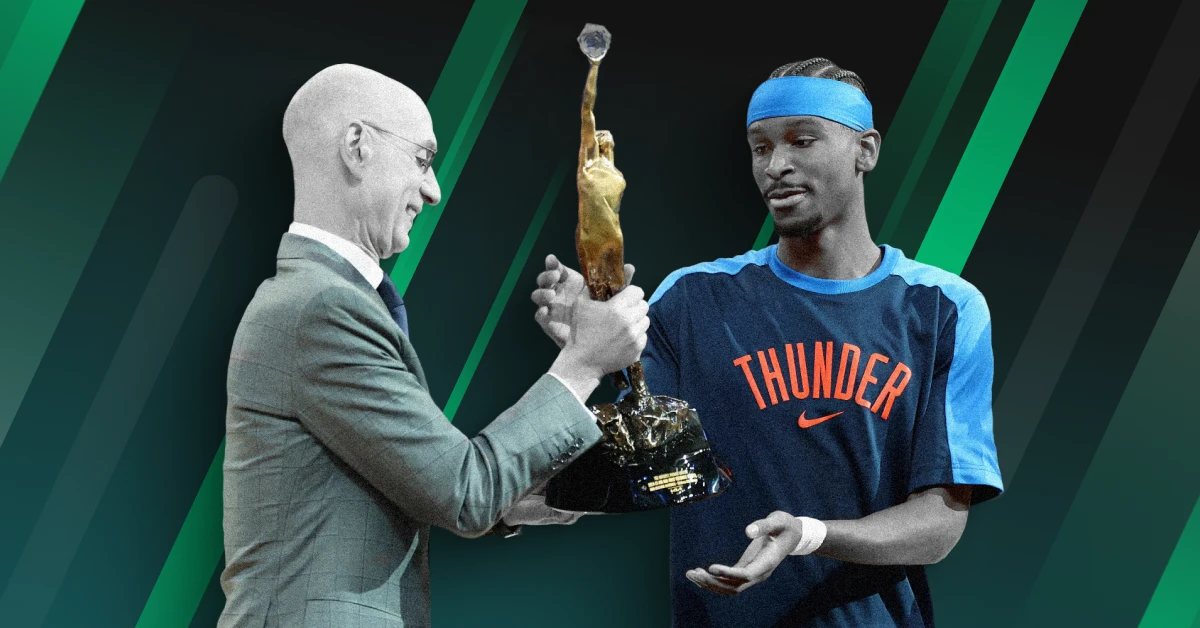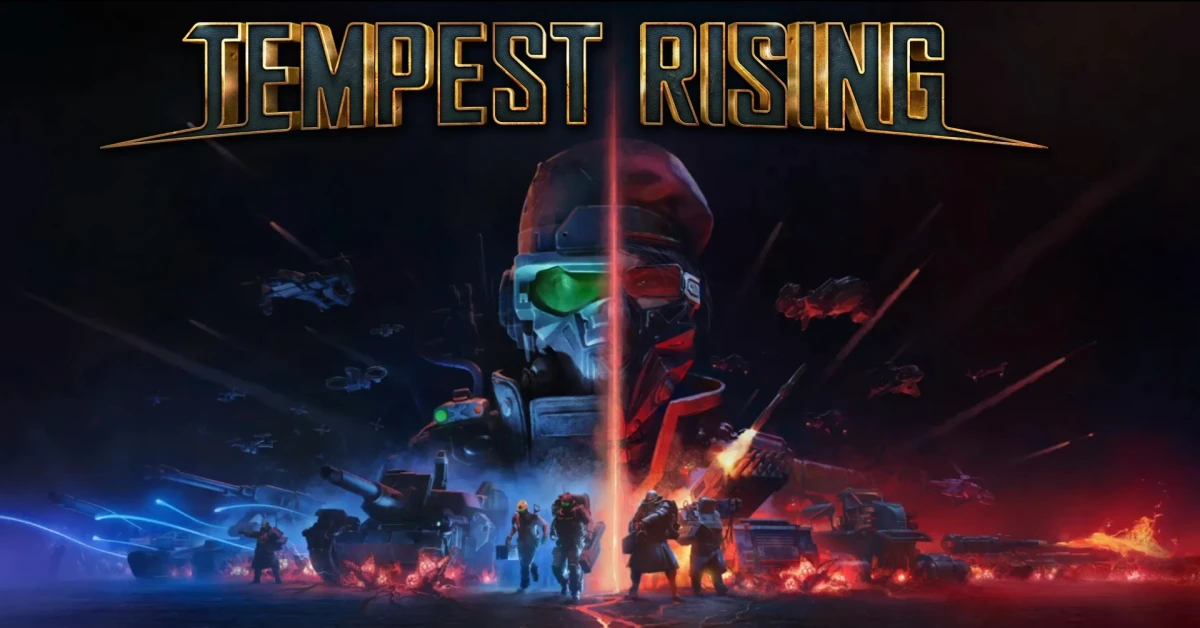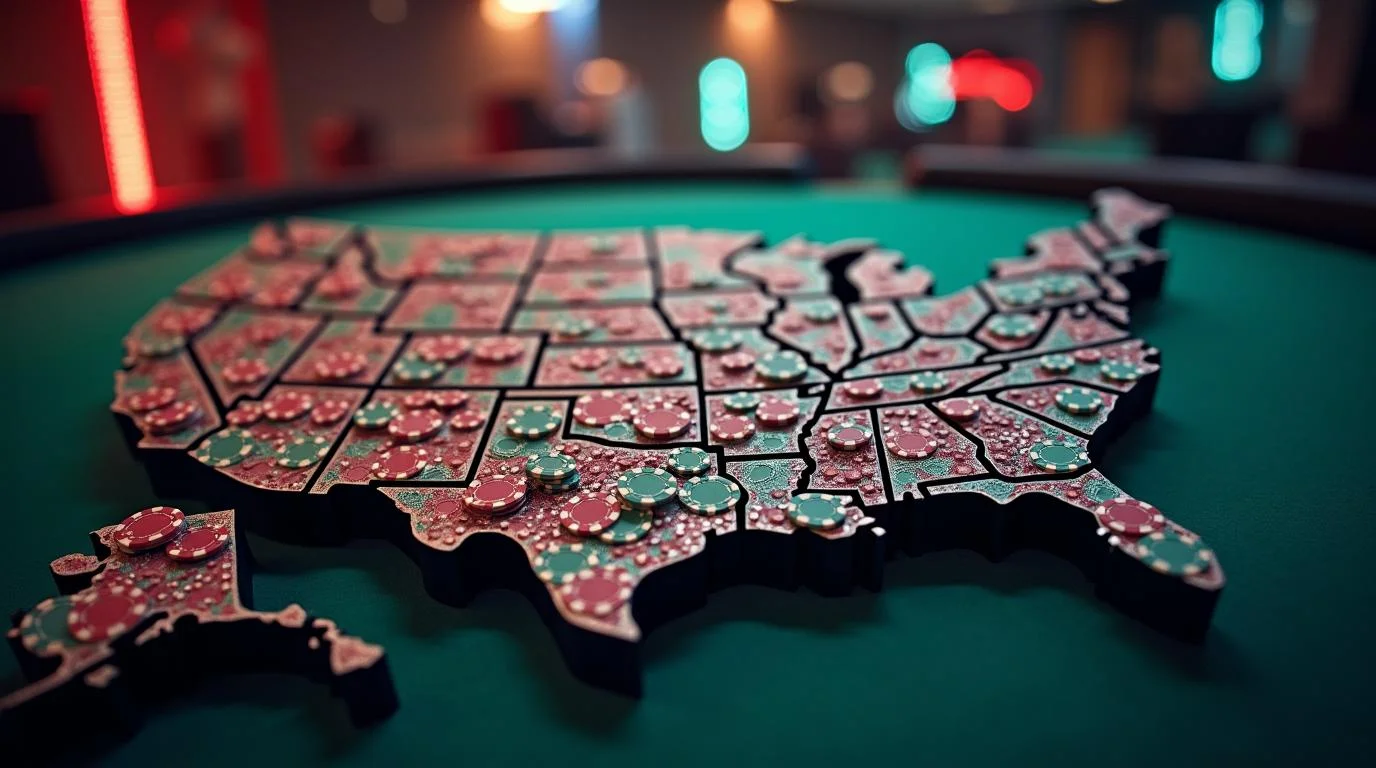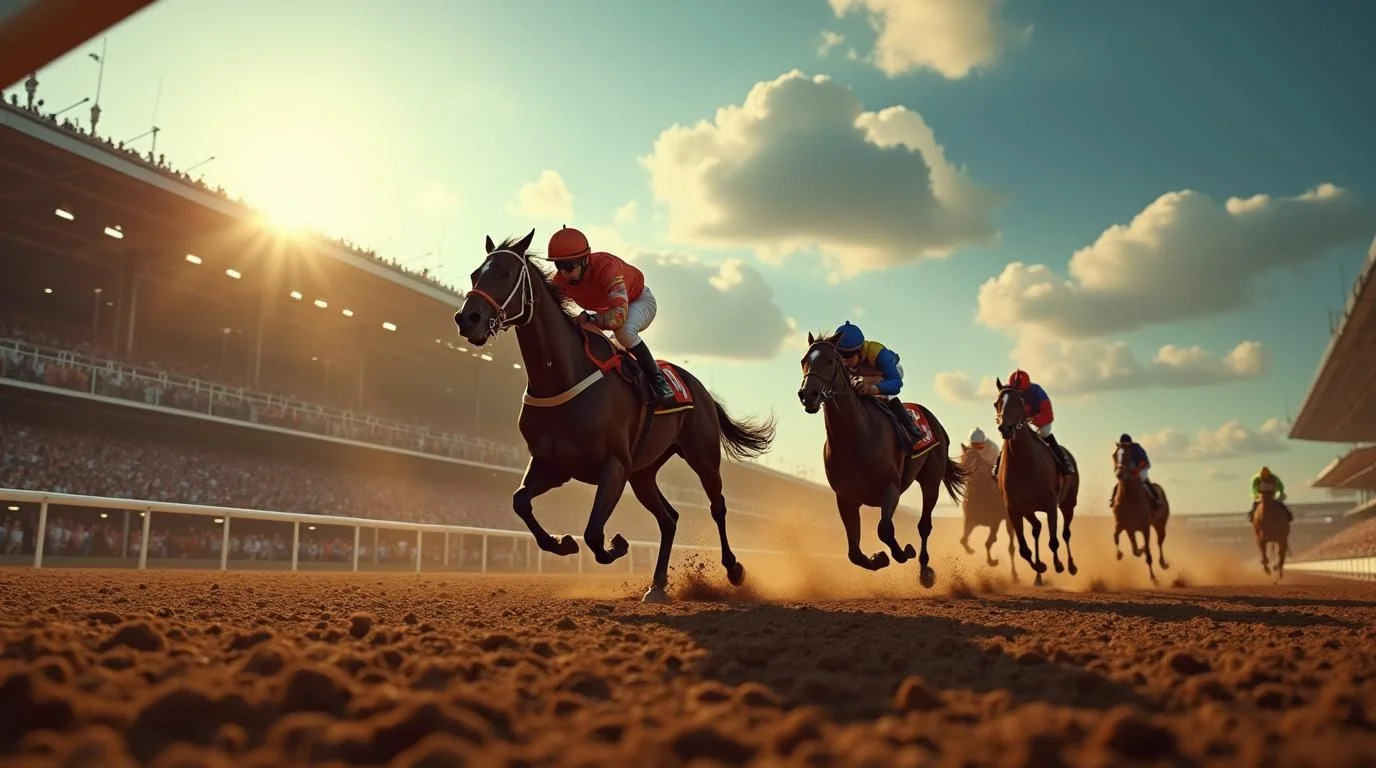A New Board Game Needing a Chance
Esports has evolved into a massive global phenomenon, transforming games like League of Legends, Counter-Strike, and even chess into competitive, spectator-friendly platforms. But there's another game with immense untapped potential for the digital and esports arena: Game of the Generals.
Often described as a blend of chess, stratego, and bluffing poker, Game of the Generals (also known as Salpakan) is a Filipino board game that simulates military strategy and deception. Invented in 1970 by Sofronio H. Pasola Jr., the game has been a staple in Filipino households and military institutions.
Chess and Salpakan: A Strategic Comparison
| Category |
Salpakan |
Chess |
| Origin |
Philippines (1970, by Sofronio Pasola Jr.) |
India (6th century), standardized in Europe |
| Core Mechanics |
Hidden information, deception, bluffing, elimination or flag capture |
Full information, deterministic, no luck |
| Piece Visibility |
Identities are hidden from the opponent |
All piece identities are visible |
| Game Objective |
Eliminate all enemy pieces or reach the enemy's backline with your Flag |
Checkmate the enemy King |
| Number of Unique Pieces |
21 pieces per player with military ranks and roles (e.g., General, Spy, Flag) |
16 pieces per player (Pawn, Rook, Knight, Bishop, Queen, King) |
| Combat Resolution |
Requires a referee (or AI in digital format) to resolve confrontations secretly |
Resolved through visible moves; no arbitration needed |
| Element of Bluff |
Central to gameplay; players often disguise high-ranking pieces |
None; every move is based on perfect information |
| Psychological Warfare |
High – relies on reading the opponent, misdirection, baiting |
Moderate – involves preparation, pressure, and counterplay |
| Time Control |
Typically casual, but can adopt digital chess-style time settings |
Widely standardized: Blitz, Rapid, Classical, Bullet |
| Esports Readiness |
High potential with a digital adaptation; room for meta, streaming, and competitive play |
Already established; strong presence on platforms like Chess.com and Twitch |
| Spectator Appeal |
Unique due to suspense – viewers could know piece identities and watch the bluff unfold |
High due to centuries of analysis, famous personalities, and open tactics |
| Learning Curve |
Medium – easier to start, hard to master due to the need for pattern recognition and deception |
Steep – extensive theory and openings, but universally taught |
| Global Popularity |
Niche; primarily played in the Philippines, limited online presence |
Global; played in over 190 countries, Olympic-style tournaments |
| Cultural Identity |
Strong Filipino cultural roots, uniquely regional |
Global heritage with universal symbolism |
While the game has a rich history, its potential as a competitive esports title has largely gone untapped. However, recent developments suggest that Game of the Generals could follow in the footsteps of chess and become a prominent esport.
Chess in Esports
Chess has undergone a significant transformation in recent years. Once considered a traditional board game, it has found new life in the digital era. Platforms like Chess.com and Lichess have made the game accessible to a global audience, allowing players to compete against each other online.

The 2025 Esports World Cup, set to return to Riyadh with a record $70 million prize pool, will feature chess as one of its 24 games. This inclusion highlights the growing interest in chess as a competitive esport.
What Makes Games of the General a Promising Esport Title?
- Game of the Generals offers a level of strategic depth that rivals chess. Players must navigate a battlefield with hidden identities, making each move a calculated risk. The game's emphasis on memory, bluffing, and spatial awareness adds layers of complexity that can captivate both players and spectators.
- As a Filipino invention, Game of the Generals holds cultural significance that can resonate with audiences in the Philippines and beyond. Promoting the game on an international stage could serve as a celebration of Filipino ingenuity and creativity.
- The game has garnered attention from military institutions in the Philippines. For instance, the Philippine Army has hosted tournaments, such as the Game of the Generals Perpetual Trophy, to foster camaraderie and showcase strategic thinking among military personnel.
- With the rise of online gaming, adapting Game of the Generals into a digital format could make it more accessible to a global audience. Online platforms could facilitate matchmaking, tournaments, and live streaming, similar to how chess has transitioned into the digital realm.
Salpakan as an Online Game
Salpakan is a two-player game that simulates military combat, where each player commands an army with hidden identities. The objective is to either capture the opponent's flag or eliminate all their pieces. What sets Salpakan apart is its emphasis on memory, bluffing, and strategic placement, akin to chess but with a unique twist.
Players must anticipate their opponent's moves, deceive them about the identity of their pieces, and adapt their strategy in real-time. This dynamic gameplay offers endless possibilities, ensuring that no two matches are ever the same.
Comparing Esports Potential for Chess and Salpakan
| Aspect |
Salpakan |
Chess |
| Digital Platforms |
Currently lacks a major digital platform; prototypes and small-scale versions exist |
Dominated by Chess.com, Lichess, and FIDE |
| Esports Scene |
Emerging potential – no major global tournaments yet |
Active – part of the Esports World Cup 2025 |
| Streamability |
Very high potential with "Fog of War" concept and live commentary with viewer insights |
Extremely high – viewer-friendly due to board visibility and analytical tools |
| Monetization |
Untapped – potential for sponsorship, mobile games, and educational apps |
Well-established monetization via platforms, brands, and streamers |
| Training and AI Tools |
Could benefit from AI-based simulation for bluff detection and strategic planning |
Mature AI training tools like Stockfish, AlphaZero, and Lichess training modules |
| Accessibility |
Easy to learn for new players; strategic depth lies in psychology |
Difficult to learn fully; requires knowledge of thousands of positions and tactics |
Salpakan possesses the strategic depth, cultural significance, and community interest necessary to thrive as an esport. By embracing digital platforms and fostering a competitive ecosystem, Salpakan can transition from a traditional board game to a prominent title in the global esports arena.
Its unique blend of strategy, bluffing, and cultural heritage offers a fresh perspective in a landscape dominated by digital games. With the right support and development, Salpakan has the potential to become a beloved esport, much like chess has in the digital age.
Salpakan Up Next on the Esports Stage
In a world where digital transformation continues to blur the lines between traditional games and modern esports, Game of the Generals – or Salpakan – stands as a compelling candidate for the next great competitive mind sport. With its deep strategic foundation, psychological gameplay, and uniquely Filipino roots, it offers a distinct flavor that is currently missing in the global esports landscape.
Like chess before it, Salpakan can flourish on digital platforms, inviting new generations to master its subtleties while providing thrilling spectator moments built on bluffing, surprise, and mental fortitude.

To realize this potential, investment in a robust digital infrastructure, community development, and visibility through content creation and tournaments will be critical. As the esports space matures, the appetite for intellectually challenging and culturally rich titles will grow.
Salpakan is not just a game waiting to be discovered – it's a celebration of strategy and identity that deserves its place alongside the world's most revered competitive titles. With the right push, it could become a powerful symbol of how local ingenuity can thrive on a global stage.











_800x800.webp)





